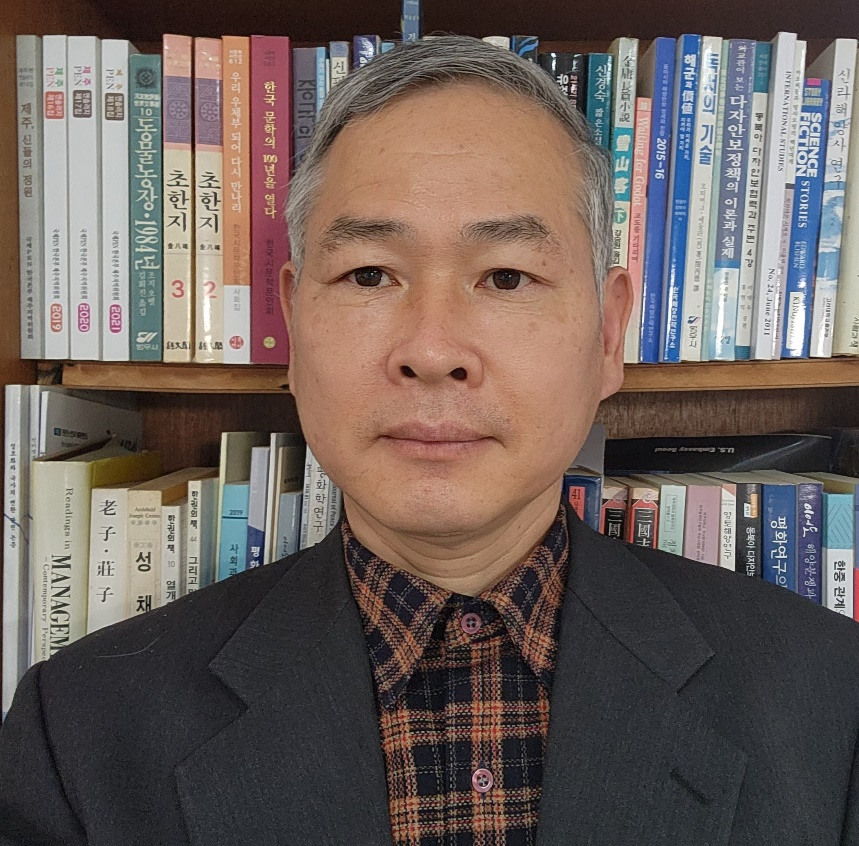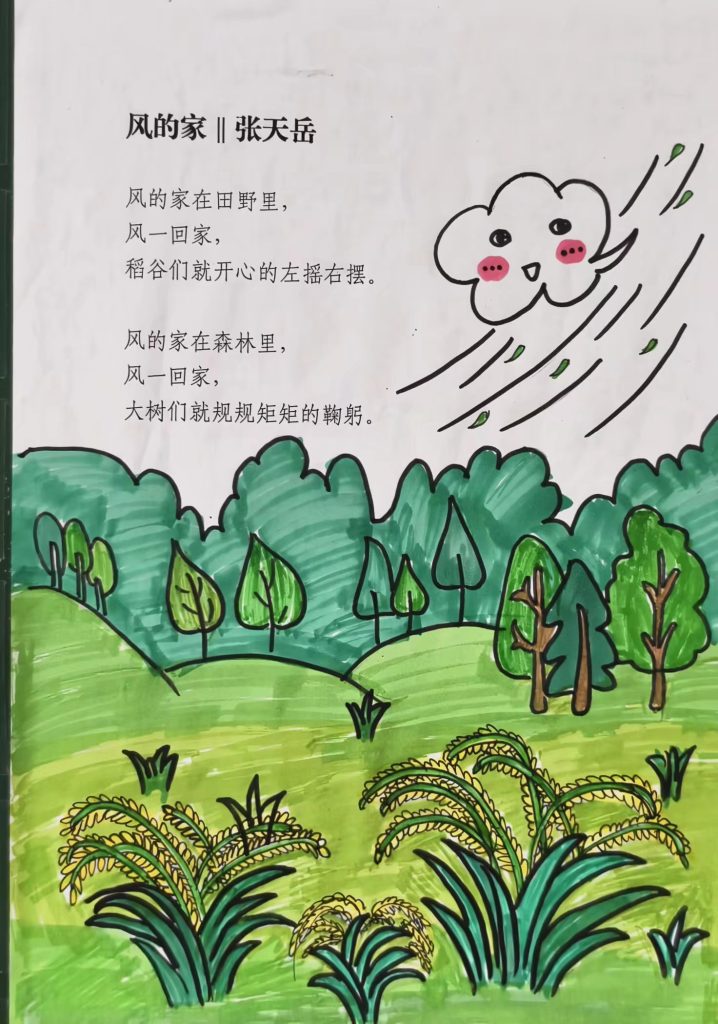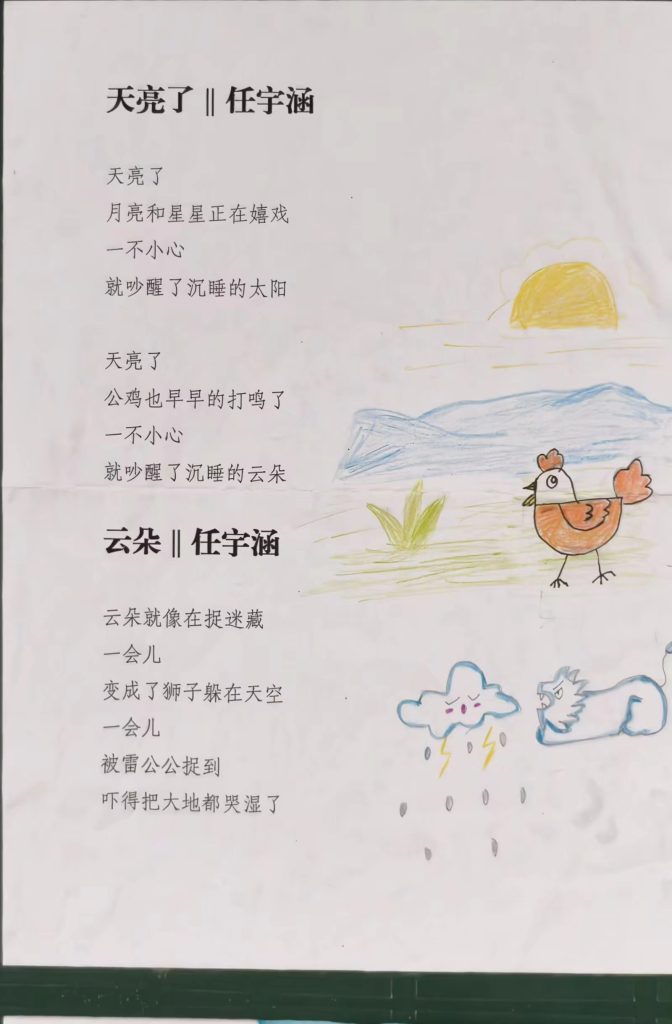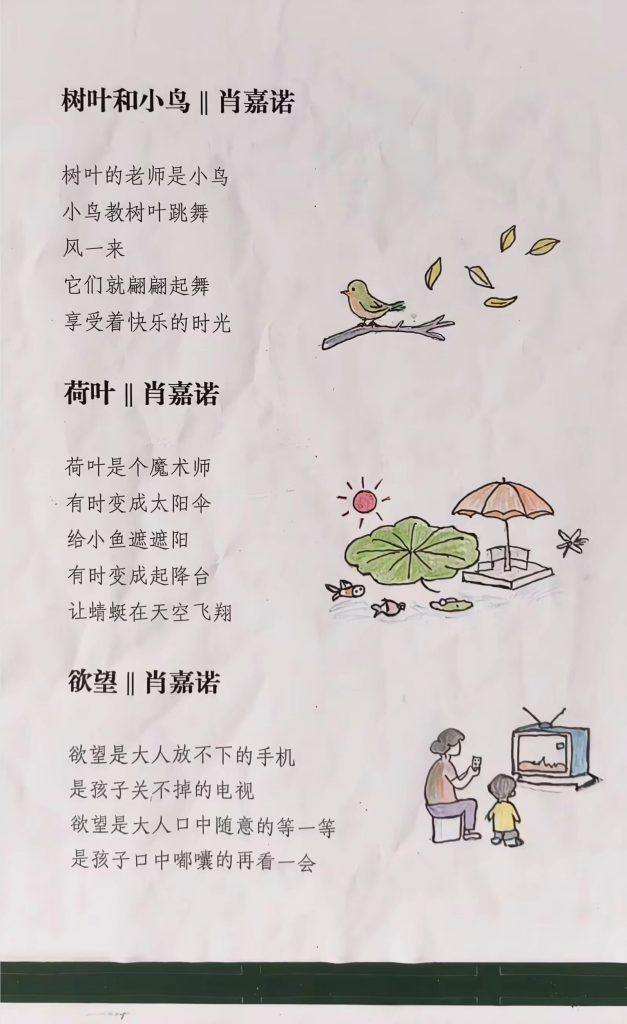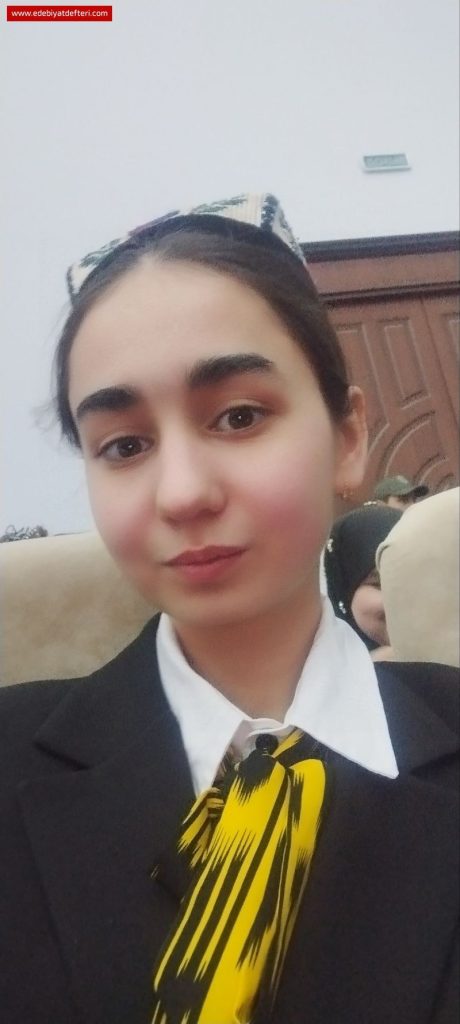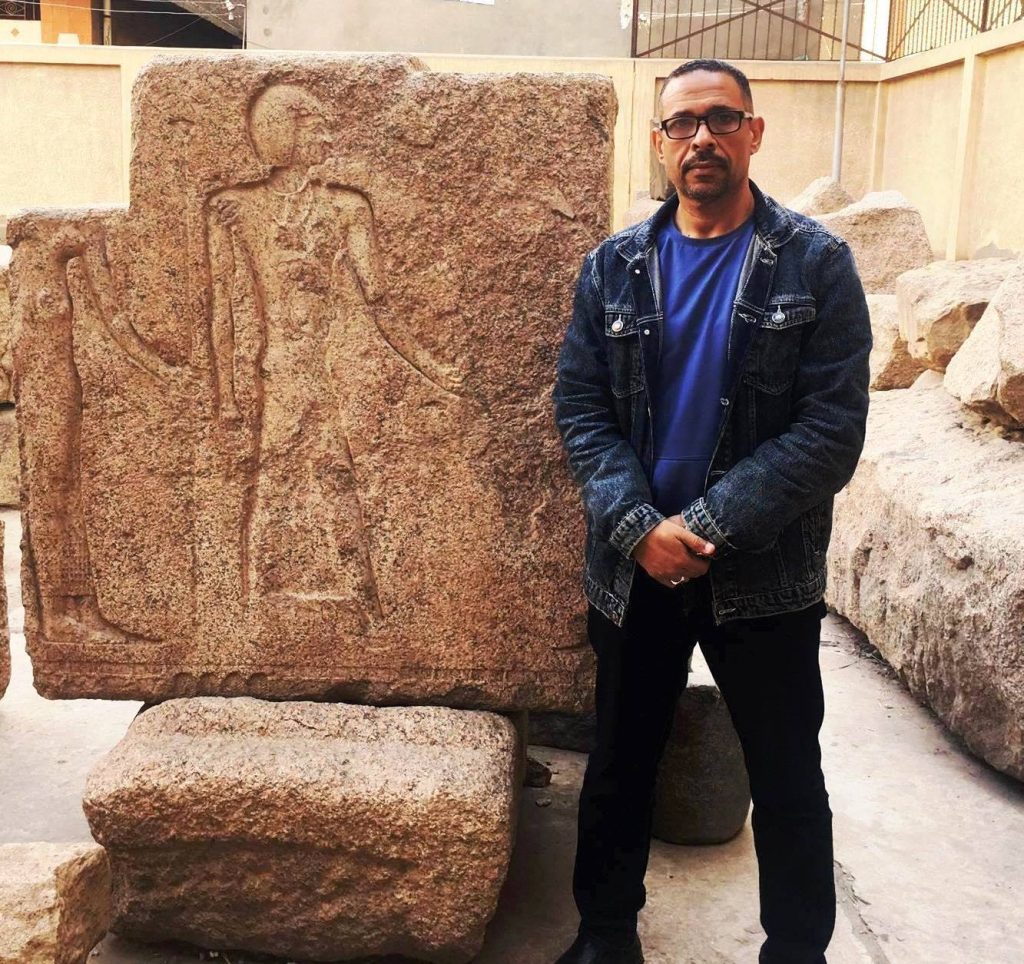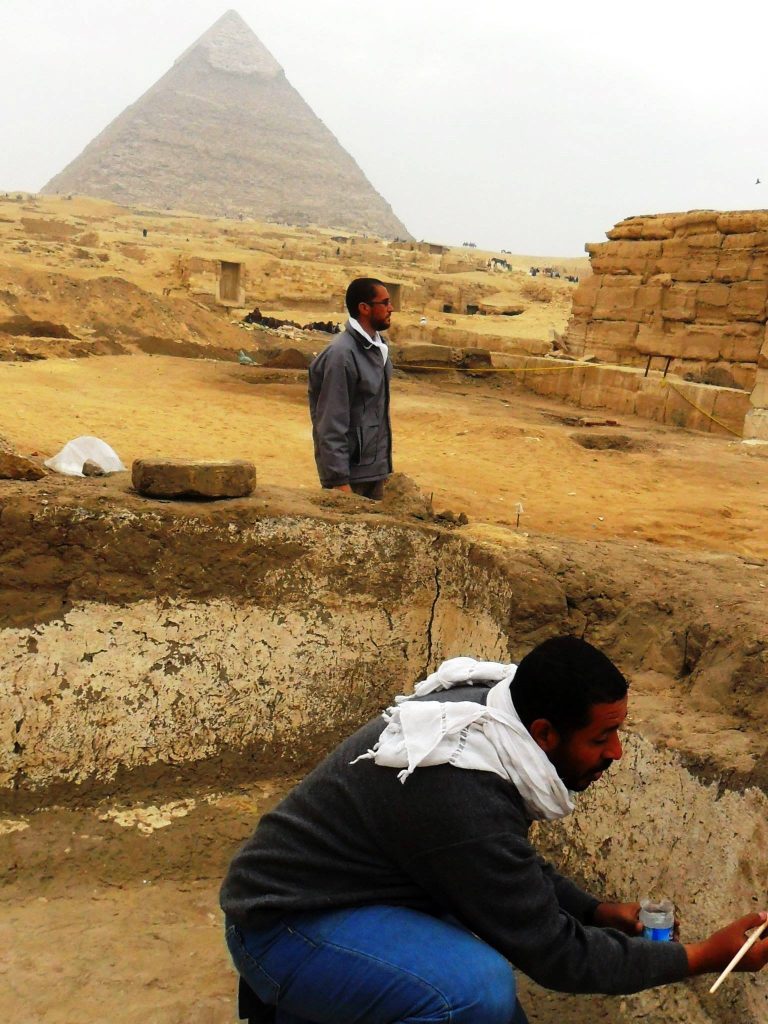
NEW YEAR’S RESILIENCE
In the garden of grit, where shadows stretch,Weary vines climbed through thorns of the past,
Each task a tempest, each moment a wave,
But beneath the storms, the roots clenched tighter.
Wounds like constellations, pain etched in stardust,
I tread softly on the stars of my battles,
With a heart forged from fire, I rise,
A phoenix unfurling wings against the horizon.
I glance towards the edges of humanity,
Where houses tremble like leaves in a gale,
And children cradle hunger like a secret,
While hope drips like honey from the skies.
For I carry an ember, a spark of tomorrow,
In the crucible of compassion, I harden my resolve,
With the sun as my compass, I stride into dawn,
Determined to dismantle the darkness with each step.
Amidst the chaos, I gather the broken shards,
Crafting a mosaic of dreams yet to bloom,
The country of compassion calls me forth,
And I answer with the drumbeat of courage in my chest.
So let the New Year be a canvas unwritten,
With colors of resilience, where challenges weave,
An artist of hope, I paint my destiny,
Knowing the dawn is only a heartbeat away.
***THESE DAYS OF CELEBRATIONI saw many of these festive days at the end of the year.I saw bags weighing down hands,
Decorations and lights that sparkled,
And I saw the city like a bride adorned.
I saw the sun and the moon descending to Earth,Eyes and hearts of people igniting a rainbow,
I saw embraces and kisses full of longing,
Endless wishes that cannot be counted.
I also saw the beggar’s hands like a cancer metastasis,His statue frozen by the roadside of a noisy city,
Eyes that remained a mist of rain of sadness,
And his look of pain – a frost that freezes you.
I hope that the coming New Year will see it,And change the statue for a more beautiful one,
To see also the indifferent, cold soul of people,
And I wish to grant them a warmer heart.
THE TURNING OF THE PAGEThe year now fades, a closing book,Of rushing streams and quiet corners.
We turn our heads to look behind,
At all the moments, sharp and kind.
So gather up the laughter’s chime,The silent tears, the borrowed time.
Each thread is woven, dark and bright,
Into the fabric of the light.
We stand upon the threshold’s gleam,And step into the newborn dream.
With lessons held and spirit worn,
We greet the coming, hopeful morn.

